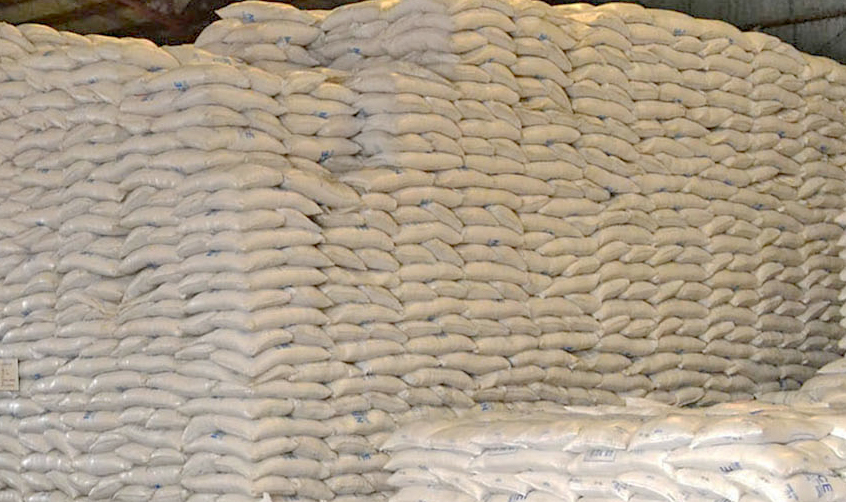With President Rodrigo Duterte signed the rice tariffication bill into law, not everybody was happy with it. Much more with the Filipino farmers as the law lifts the
quantitative restrictions on rice importation.
Given this new law, there will be unlimited importation of rice thus taking away the role of the National Food Authority (NFA) in doing it. And the private importers will have to pay a hefty 35% tariff if shipment comes from Southeast Asia. This then would provide additional revenue for the government and also funding a rice industry competitiveness fund.
While the bill inevitably faced opposition, Duterte’s economic managers and some of those in the business sectors gave their blessings to this, but farmers and even Agriculture Secretary Emmanuel Piñol warned that the country might become a hostage when the consumption of rice continues and the scarcity on supply becomes a problem this might be used against us by other rice-producing countries when their populations grow. Others expressed their opposition because it would inevitably kill off the rice and agricultural industry by discouraging rice farmers from planting the crop.
Meanwhile, the Federation of Free Farmers cautioned that the measure will remove the power of the National Food Authority to regulate the market and limit it to maintaining a buffer stock, to be released during emergencies to shore up the food supply in affected areas.
“Farmers will not be able to depend on the NFA to buy their produce if palay prices fall. Once the NFA accumulates enough for its buffer stock, it will have to stop buying from farmers. Traders will now be free to set whatever price they want,” FFF National Manager Raul Montemayor was quoted as saying in a statement on Feb. 6.
Many find it ironic that the Philippines that was once dubbed as rice granary of Southeast Asia is now dependent on the rice importation. Also our ASEAN neighbors learned rice farming from Philippines under the International Rice Research Institute in Los Baños, Laguna.
For the Kilusang Magbubukid ng Pilipinas (KMP), the rice tariffication law is a “death sentence” to our rice farmers.
According to KMP chair Danilo Ramos, “There are more than 10 million estimated Filipinos who are dependent on cheap National Food Authority (NFA) rice and about 20,000 rice retailers and 55,000 rice mill workers also would be affected”.
“It’s the beginning of the end of the local rice industry. Even with the rice industry enhancement fund, the local rice industry does not stand a chance with massive rice imports,” the farmers’ group official added.














